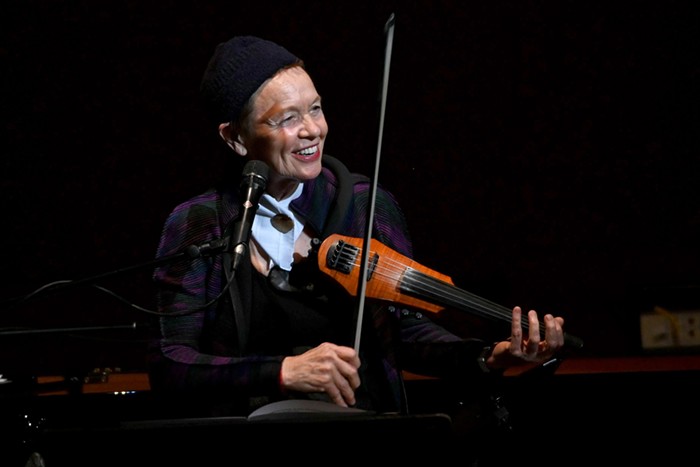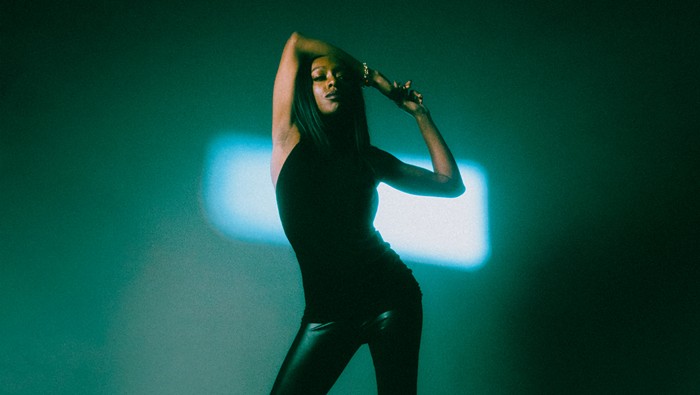Pry open any punk rock anthology from the early 1980s and amid the black-and-white flyer collage artwork you'll notice one reoccurring theme—shows cost the same, usually $5, as they do today, nearly 30 years later. While music, especially independent music, has never followed the ebb and flow of our national economy—thank god for that—there should be something said for incorporating some sense of inflation into this little bubble of ours. In fact, according to the US Department of Labor's handy web inflation calculator, a $5 cover charge 30 years ago is akin to $16.78 now. While I assume no one condones such a drastic rise in door prices, it does shine a light on how financially difficult, if not impossible, it is to be a musician on the losing side of the poverty line.
This is where the Musicians Union, Local 99, comes in, with their recently launched "Fair Pay to Play" campaign. Their plan to establish a local "equitable pay movement," where musicians are universally compensated fairly for their performances, kicked off with a meeting this past week. While still in its infancy, we checked in with Union President Bruce Fife to see how "Fair Pay to Play" will work.
MERCURY: Can you explain the basic details of what the Fair Pay to Play campaign stands for as of now?
FIFE: There are a couple of key things—there's a tiered system to create a level of pay for a variety of venues based on their size (and a number of other variables). Also, the other issue on the table is that of the soundmen and doormen being paid by the musicians before they see anything, which happens at a lot of places. On the other hand, we realize that these are tough economic times and what we really want to do is raise the level of pay for everyone. If the clubs don't survive, it doesn't do anyone any good. I think the problem is that the pendulum has swung so far to one side and now musicians are responsible for way more than they ever used to be. It has to swing back a bit to where there is a real focus and energy applied by the clubs themselves to make sure there are butts in the seats.
What has the feedback been from the clubs?
We are starting the outreach and broadening the base of musicians before we take it to the venues.
Well, what's in it for the venues? Are there plans to identify those who don't fairly compensate the performers?
This is the situation: A band has $100 coming in the door with people paying $5, but they don't see anything since it all goes to the sound and door guy. How can anyone look at a situation like that and think it's a reasonable deal? Without naming names, people will come to their own conclusions if they think that is fair or not. At the same time we want to say to the clubs that, "If you agree to this plan and buy into this concept, we want to be able to promote you as someone who treats musicians fairly."
For more information on "Fair Pay to Play" visit afm99.org.


















